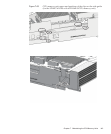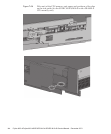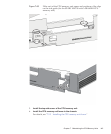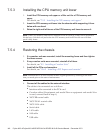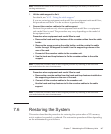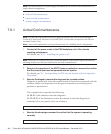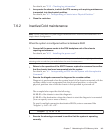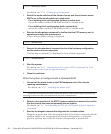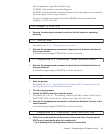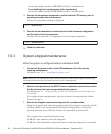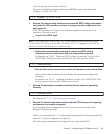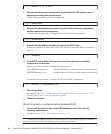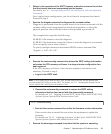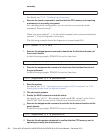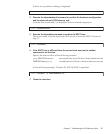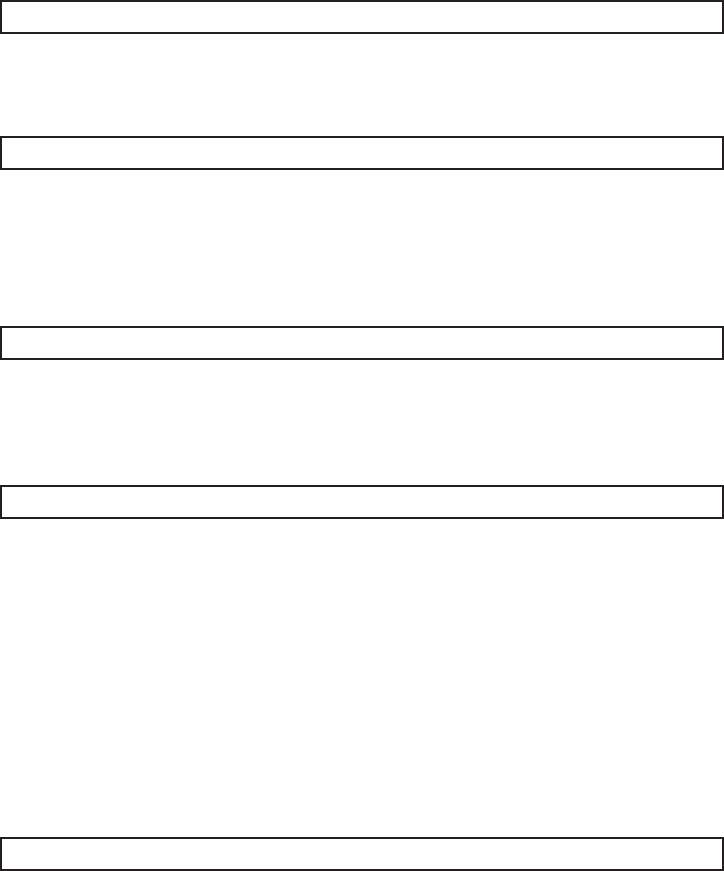
XSCF>
diagxbu -y -b 00 -t 01
XSCF>
showlogs error
XSCF>
setpparparam -p 0 -s bootscript "setenv a uto-b oot? false"
XSCF>
setpparmode -p 0 -m guestboot=off
XSCF>
setpparparam -p 0 -s bootscript "setenv a uto-b oot? true"
The example below specifies the following:
00: BB-ID of the chassis to start the diagnosis
01: BB-ID of the destination where the chassis to start the diagnosis is connected
(You can specify one or more of these.)
To specify multiple connection destination BB-IDs, enter a command like
"diagxbu -y -b 00 -t 01 -t 02".
4.
Execute the sho w logs command to confirm that the system is operating
normally.
For details, see "3.3.5 Checking log information."
5.
Execute the setpp arparam command t o deactivate t h e Autoboot fun ction of
the control domain.
In the following example, PPAR-ID 0 is set for Auto boot.
6.
Execute the setpp armode command to deactivate the Autoboot function of
the guest domain.
In the following example, PPAR-ID 0 is set for Auto boot.
7.
Start the system.
For details, see "6.4.1 Starting the system with an XSCF command"or"6.4.2
Starting the system from the operation panel."
8.
The ok prompt appears.
9.
Enable the RAID volume t o check the status.
For details, see "14.2.11 Re-enabling a hardware RAID volume" in the Fujitsu
M10/SPARC M10 Systems System Operation and Administration Guide.
10.
Execute the setpparparam command to activate the Autoboot function of the
control d o main.
In the following example, PPAR-ID 0 is set for Auto boot.
11.
Switch the mod e switches of the master chas sis and thos e chassis whose
XSCFs are in the standby state to Locked mode.
-
For a building block configuration (w ithout crossbar bo x)
Chapter 7 Maintaining the CPU Memory Units 151



